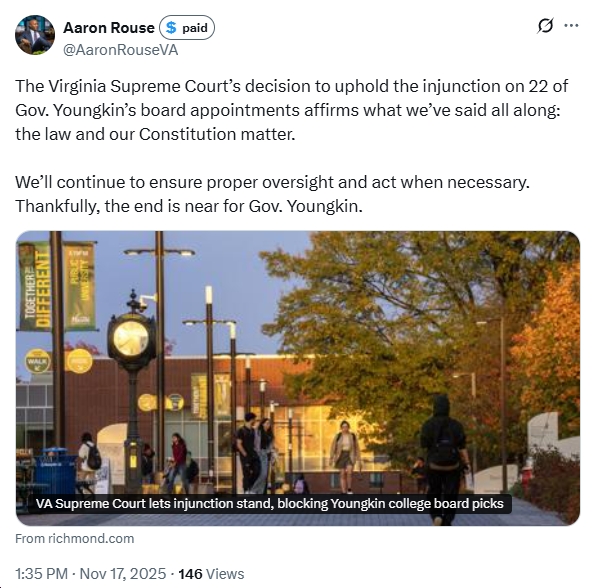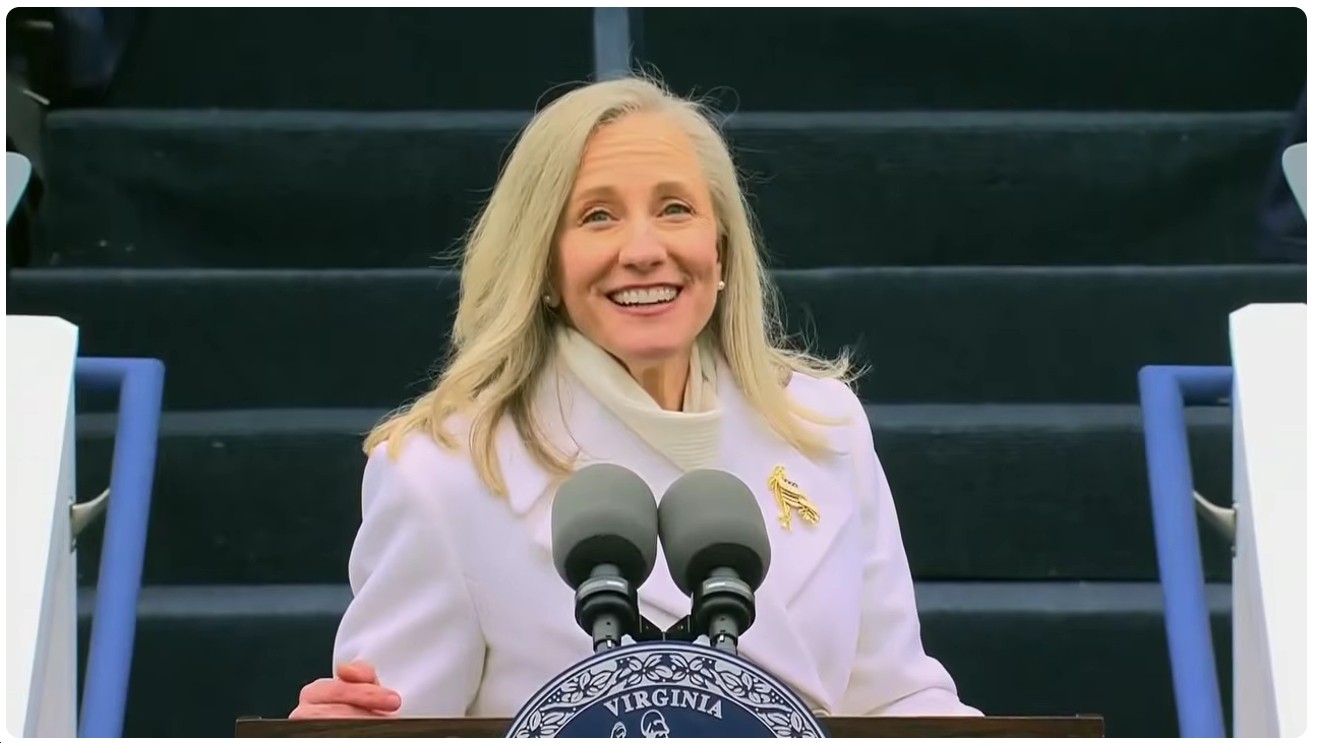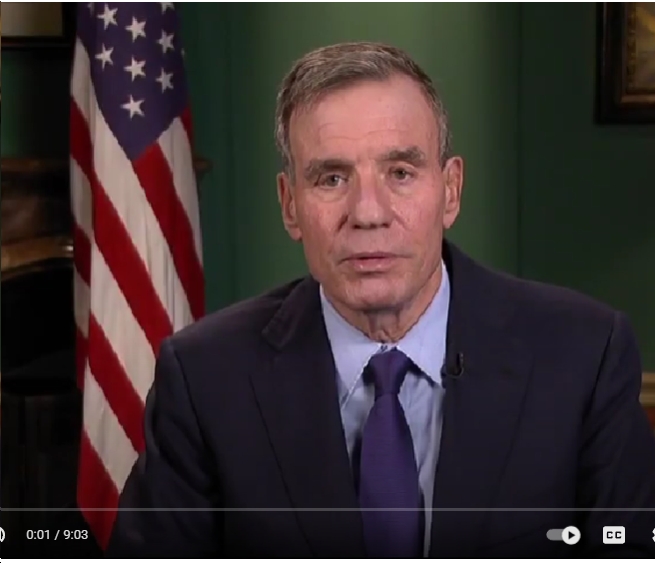From the Commonwealth Institute for Fiscal Analysis:
Recession Era Cut Continues to Restrict Staffing in Virginia Schools
RICHMOND, VA — A little known decision in the 2010 state budget, which capped state funding for non-instructional staff, continues to impact schools and students across Virginia. There are thousands of fewer staff in schools, and state funding is down by hundreds of millions of dollars from a decade ago, according to a new report from The Commonwealth Institute for Fiscal Analysis, an economic and policy research organization in Richmond.
State funding for support staff (salaries and benefits) will be down by $430 million this upcoming school year — a 39% percent decline — from what the state spent in 2008-2009, adjusted into 2019 dollars. Looking at individual school divisions, state funding for these positions has declined for nearly all of Virginia’s school divisions. For many school divisions, the reduction is quite significant with the state now paying less than half as much as it once did. Under the cap, support staff has decreased by 2,800 positions, while student enrollment has increased by 55,000 students. This does not include nurses or bus drivers, which were both exempt from the cap.
“These reductions mean that instructors are forced to wear the hat of social worker, administrator, and custodian, and students are left without access to vital support services and facilities without proper upkeep,” says Chris Duncombe, Policy Director at The Commonwealth Institute and co-author of the report.
The impacts have been particularly felt by the school divisions with the highest share of students of color. These divisions have seen their staffing levels drop more rapidly than divisions with the fewest students of color. Support staff declined by more than 600 positions in divisions with the most students of color, while enrollment has grown by almost 16,000 students.
“The students that feel these impacts most are those who may not have access to these supports, such as counseling, career development, and mental health services, outside of the school, and unfortunately that is often children of color,” says Ashley Kenneth, Senior Vice President for Policy and Legislative Affairs at The Commonwealth Institute.
The report notes that the support cap is not reflective of actual staffing costs or needs in Virginia schools. This past school year, the state only helped pay for 40% of support staff in Virginia schools. This means the onus is on local governments to fund these positions, and localities across the commonwealth have very different financial capacity to do so.
“What was presented as a temporary cost reduction has become part of the budgeting process and comes at a great cost to our students,” says Michael Cassidy, President and CEO of The Commonwealth Institute. “Yet the capacity exists for lawmakers to fully fund support positions in our schools whether they use existing revenues or find new revenue streams.” Funding solutions put forward by the authors of the report include dedicating revenue from continued economic growth towards schools or modernizing the state’s corporate income tax system by passing “combined reporting” laws to ensure large, multi-state corporations do not shift profits earned in Virginia to other jurisdictions.
The full report, Ten Years Behind: The Vital Role of Non-Instructional Staff in Promoting Successful Learning Environments and the Critical Need for Funding, is available online at www.thecommonwealthinstitute.org
####
About The Commonwealth Institute
The Commonwealth Institute for Fiscal Analysis provides credible, independent, and accessible information and analyses of fiscal and economic issues with particular attention to the impacts on low- and moderate-income persons. Our products inform fiscal and budget policy debates and contribute to sound decisions that improve the well-being of individuals, communities and Virginia as a whole. Visit www.thecommonwealthinstitute.org for more information.


![Virginia NAACP: “This latest witch hunt [by the Trump administration] against [GMU] President Washington is a blatant attempt to intimidate those who champion diversity.”](https://bluevirginia.us/wp-content/uploads/2025/07/gmuwwashington.jpg)















